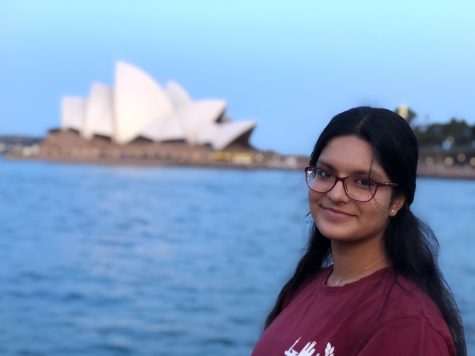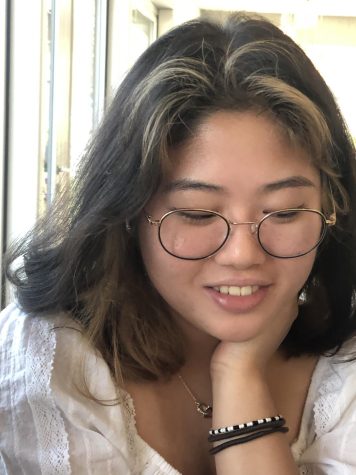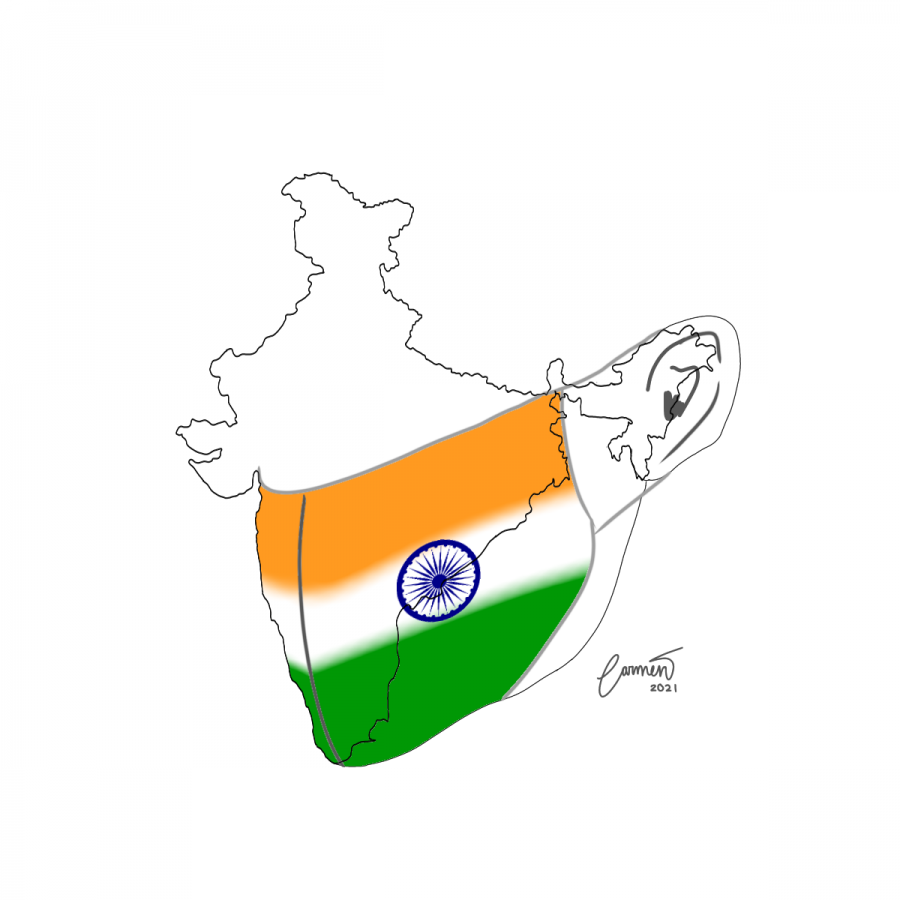A Tragedy in India
Dozens of lifeless bodies washed up on the shores of India’s Ganges River last week. Most of them belong to people who have passed away from COVID-19, amid India’s recent surge of the virus.
Since early April, Coronavirus cases in India have been skyrocketing. Daily cases have stayed rooted in the high three hundred thousands, reaching four hundred thousand in early May. This is the highest infection rate seen since the pandemic began. This time last year, theories about India’s incredibly low rates of COVID-19 infection included the hot climate, young population, and harsh lockdown measures. In fact, the situation in India’s biggest cities, Mumbai and New Delhi, was looking so promising that officials began gradually taking down treatment facilities set up in preparation for the pandemic.
How did it get this bad?
I spoke with Dr. Swati Pai, a hematopathologist at a leading hospital in Bangalore, the current epicentre of the second wave. When asked about the main reason why India let the pandemic get this bad, she only had one thing to say: “We let down our guard. I wouldn’t blame any particular event or policy, we just let down our guard. People started travelling, inter-state travel opened up, there were religious events… affluent, educated people started having weddings and social gatherings.”
Despite India’s vaccine efforts, vaccinating more than 100 million people within 85 days, deaths have risen by 30% in the last month. “There are far more deaths this time. Far more – across all age groups. In the second wave we are seeing lots of patients in the pediatric age group. Absolutely normal kids.” explained Dr. Pai. A new highly transmissible variant has also appeared in India, and while the variant doesn’t seem to be driving the surge of cases, it is quickly spreading to other countries. Additionally, patients are also developing a deadly black fungus, or mucormycosis, as a result of the virus. To make matters worse, tropical cyclone Tauktae hit India’s west coast on Monday, where it killed at least 50 people and displaced hundreds more, some of them COVID patients themselves.
The human stories from the pandemic are just as important to address, lest the crisis becomes a discussion about statistics. Priyanka, a home-catering business owner, who returned home to Vevey from India this month, shared her experiences in the country during the second wave. Her neighbour and family friend contracted the virus and passed away within a few days, as she watched from across her balcony. He lay wrapped in plastic in their building’s garage for “seven or eight hours.” “It’s a heartbreaking experience,” she said, “It’s difficult to sleep at night.” As a result of situations like these, mental health helplines are being overloaded, with daily calls increasing by over 40%. “There are children who’ve lost both parents, both grandparents, who are alone at home.” Volunteers have come forward, however, and are manning the helplines while doctors are busy at hospitals. NGOs are providing medicine, home isolation kits, and pulse oximeters to the public at a grassroots level. Vaccine rollout in the country has slowed dramatically, however, and experts are worried that it might take almost three years to fully vaccinate India’s vast population.
As Dr Soumya Swaminathan, the World Health Organization’s chief scientist puts it, “The virus doesn’t respect borders, or nationalities, or age, or sex, or religion.” While high school students at ISL prepare to get their vaccines and talk about life ‘going back to normal’, India is mourning the suffering of millions and grappling with the aftermath of an epidemic of staggering proportions.

Hi! My name is Sharanya and I'm 17 years old. I enjoy expressing my (strong) opinions through op-eds. I am passionate about debating, poetry, and injustice....

I’m a 16 year old student in ISL. I've been in ISL for 8 years. I work on the illustrations for articles (specifically the horoscopes column) and a podcast,...





Nihar saqib • May 23, 2021 at 13:09
An informative and objective piece.
Heartfelt and well written.
TriptiPandey • May 22, 2021 at 16:52
Very encouraging to see the concern and sentiment of a young mind sitting so far away and attempting to capture the ground reality . Sharanya Trivedi so well done .